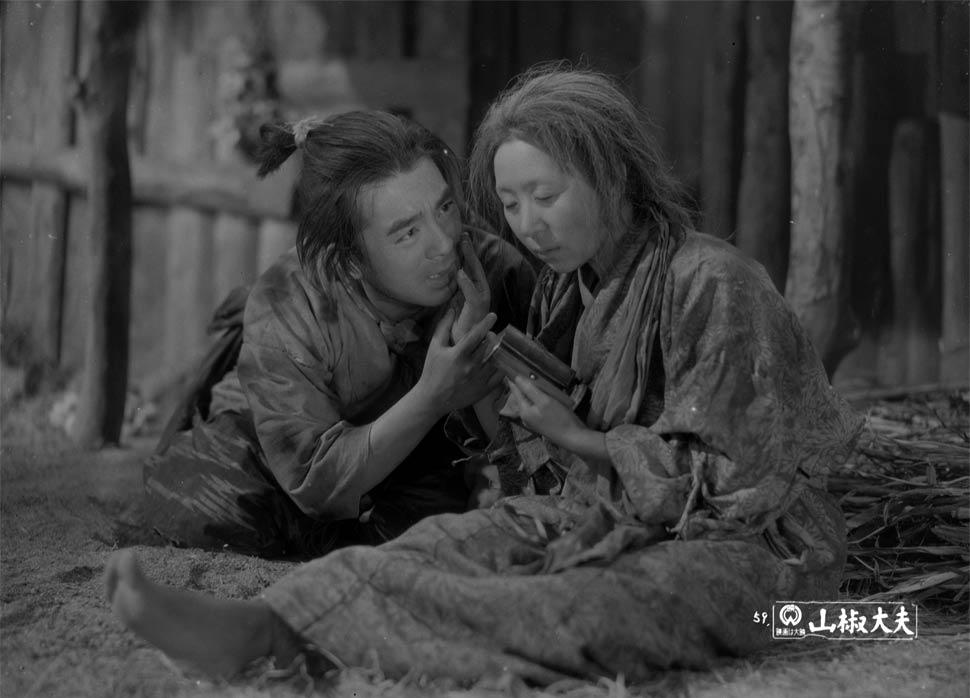Japan (1954) / 126’
from the short story of the same name by
Ougai Mori
language Giapponese
cast Kinuyo Tanaka, Yoshiaki Hanayagi, Kyoko Kagawa, Eitaro Shindo
screenplay Fuji Yahiro, Yoshikata Yoda
cinematographer Kazuo Miyagawa
editor
Mitsuzou Miyata
production designer Kisaku Ito
costume designer Shima Yoshizane
music
Fumio Hayasaka
sound Iwao Otani
restoration curated by Kadokawa Corporation, The Film Foundation
with the cooperation of The Japan Foundation
film laboratory Cineric,
Audio Mechanics


